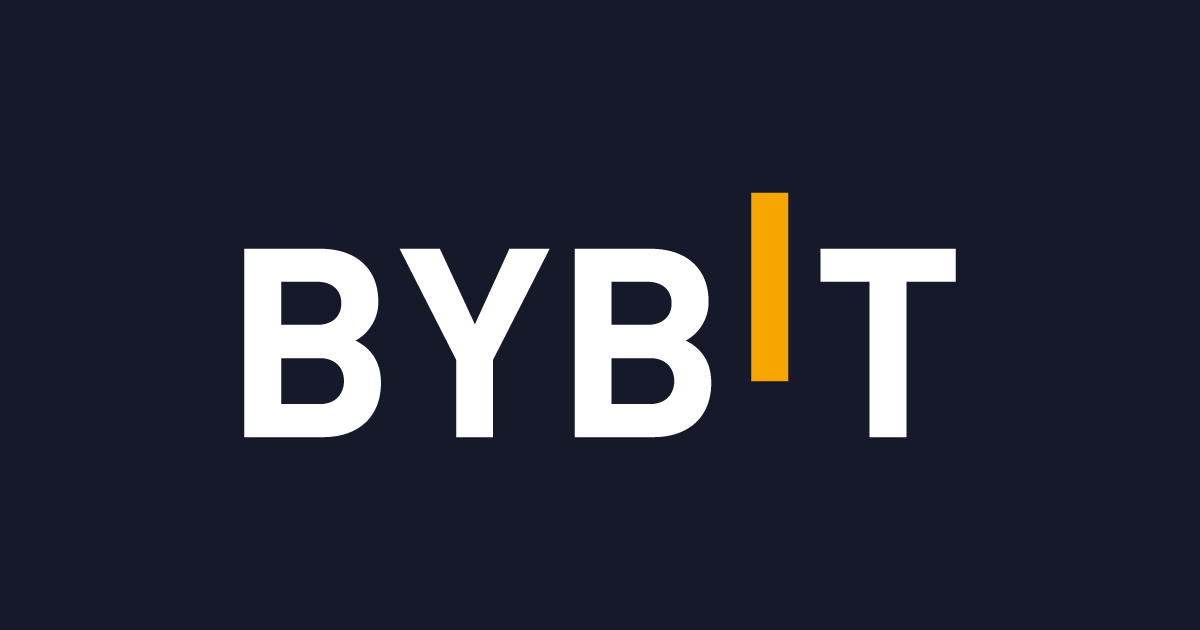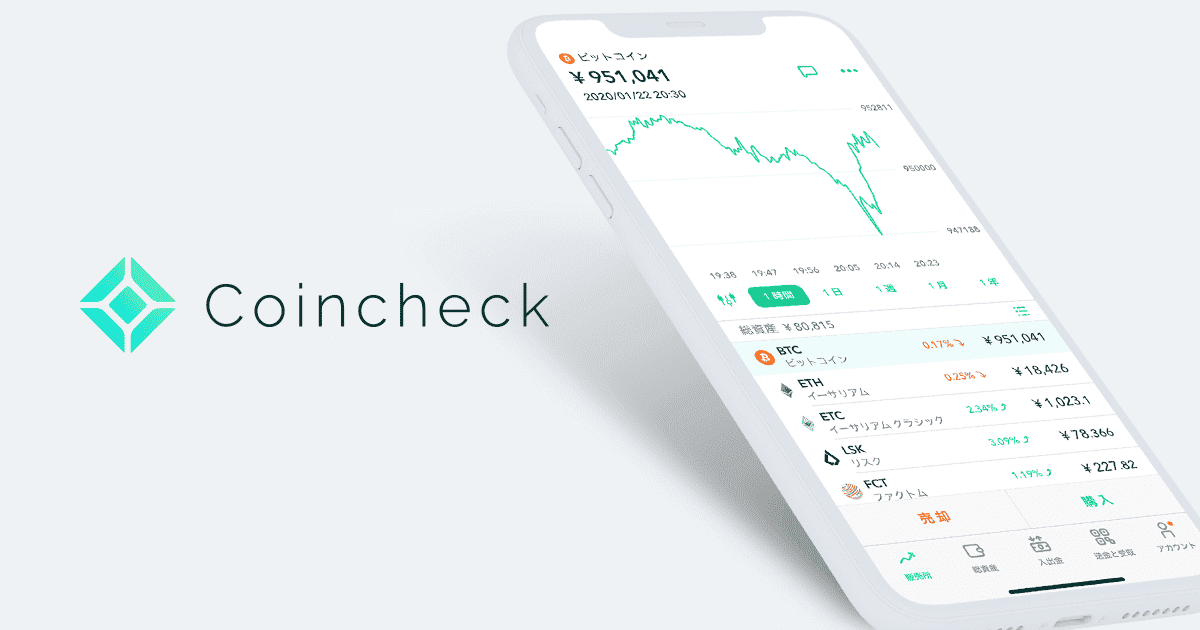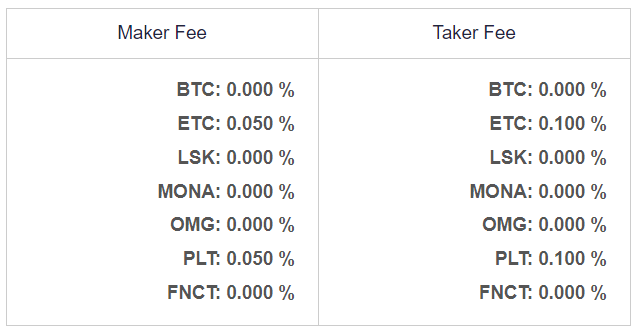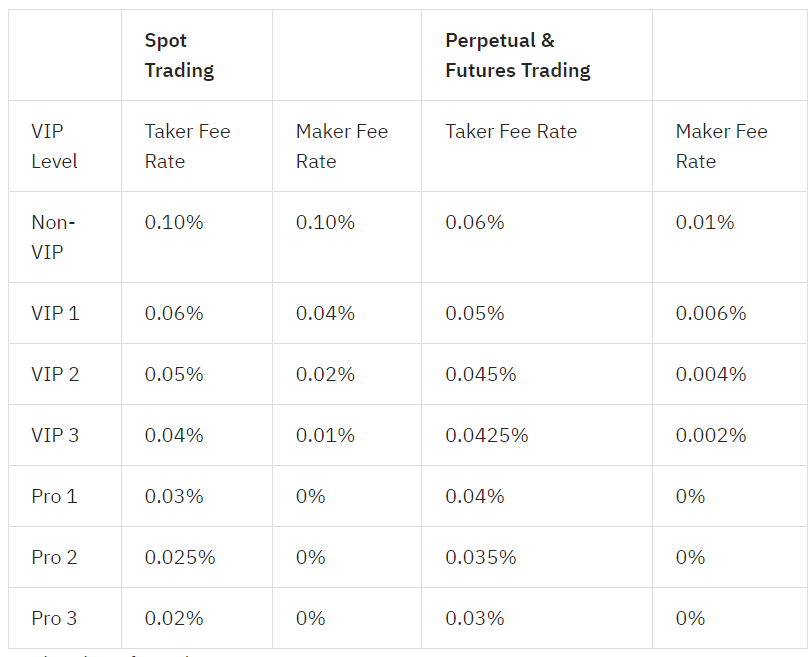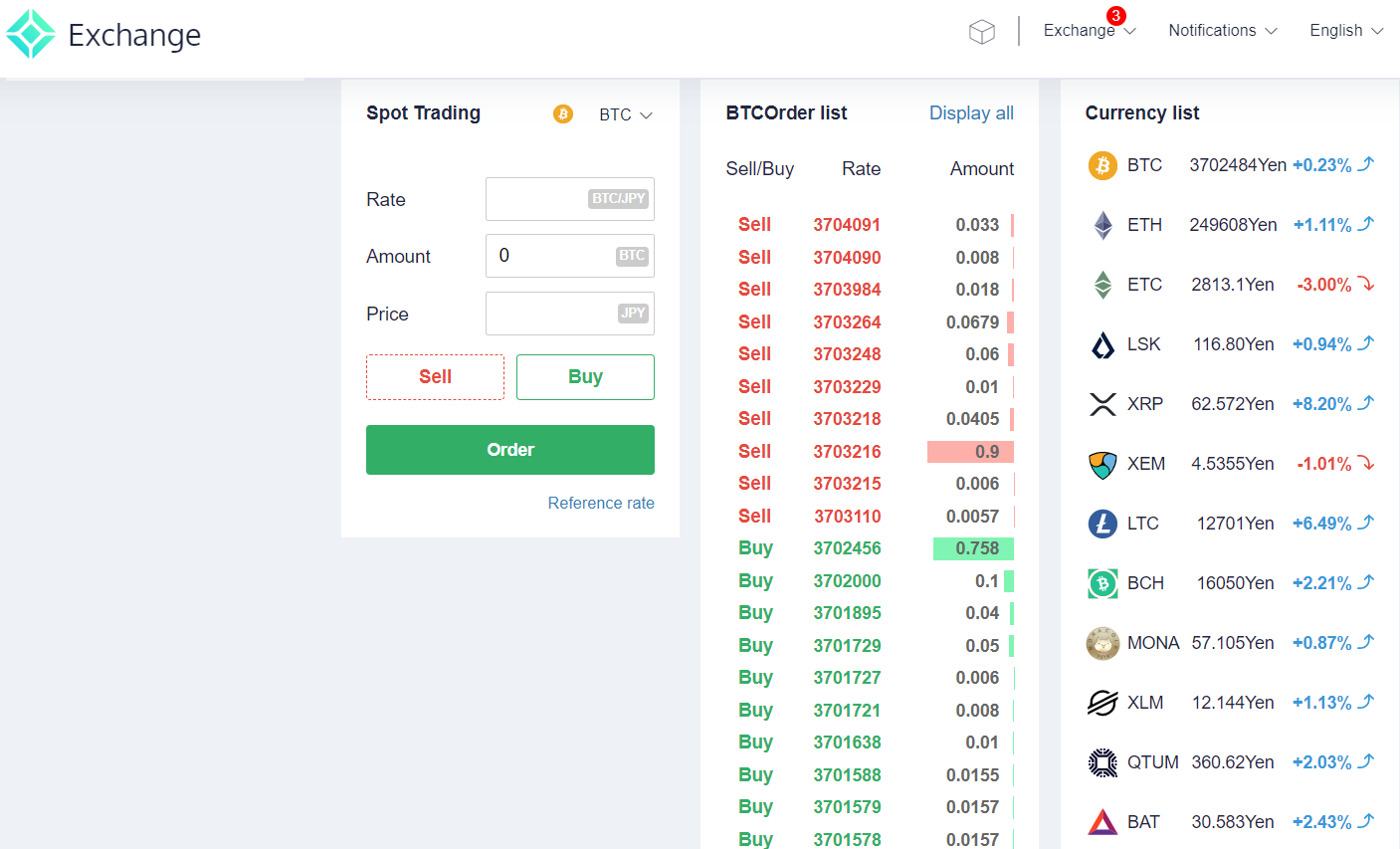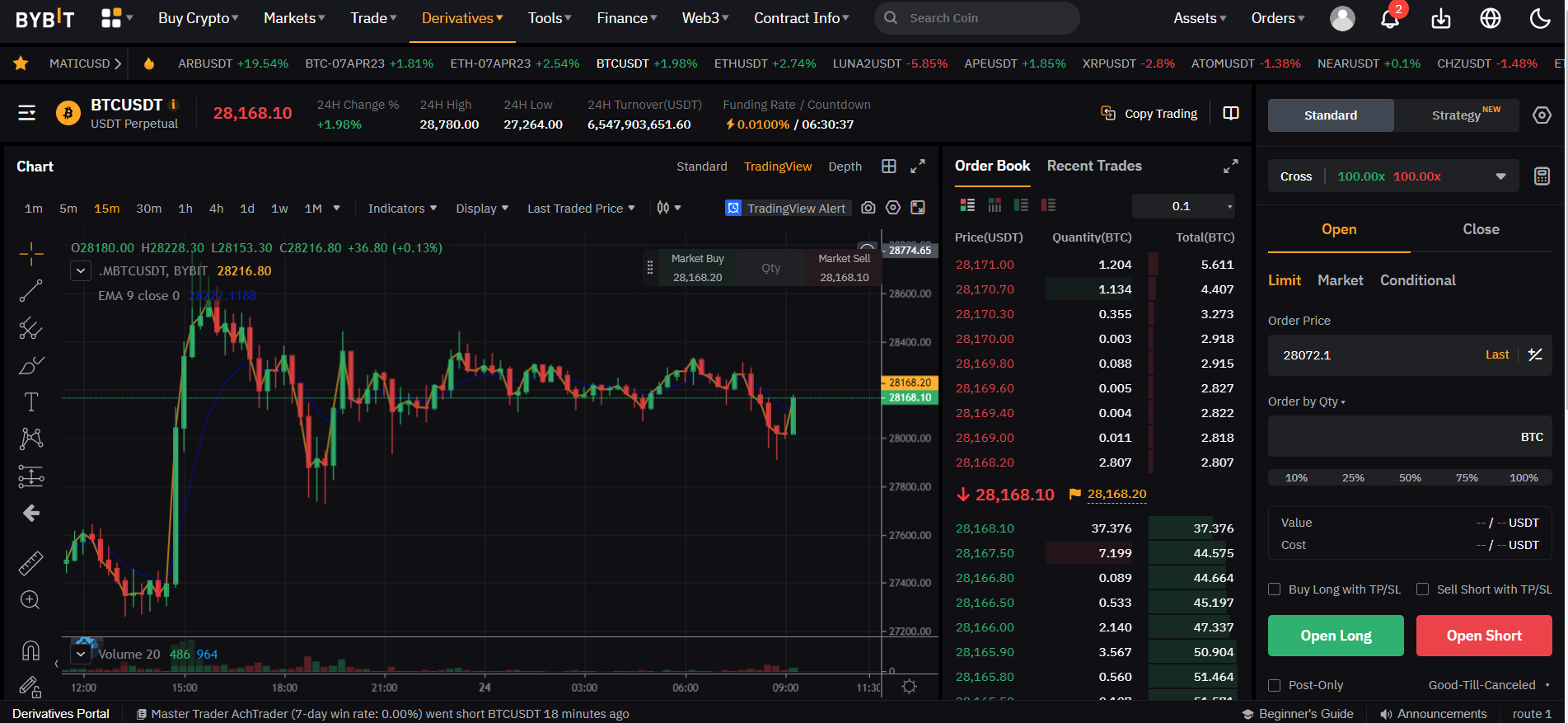Confused between Coincheck vs Bybit? If yes, then here is a quick comparison of both crypto exchanges.
Coincheck and Bybit are quite different from each other.
On one side, Coincheck offers you an easy way to buy and sell crypto, and Bybit, on the other side, offers you a full-fledged trading experience.
So how do these two crypto exchanges compare? Well, let’s find this out below:
Coincheck vs Bybit: At A Glance Comparison
Coincheck is one of the leading crypto exchanges based out of Japan. It was established back in 2014, and it offers you the easiest way to buy and sell crypto.
Since its launch, the exchange has quickly gained extreme popularity and become the largest crypto exchange in the country.
With Coincheck, you can buy/sell a wide range of crypto tokens using JPY. As well as it also offers you IEO services – so you can use the exchange to find and invest in new tokens.
In today’s time, Bybit has to be one of the top cryptocurrency derivatives exchanges. The exchange was founded back in 2018, and it allows you to trade in a wide range of digital assets.
Bybit primarily focuses on perpetual trading. But you can also use it for trading in spot, margin, or crypto options.
Also, unlike Coincheck, it doesn’t allow you to trade in fiat currencies like JPY or USD. Instead, all the trades happen on the exchange using stablecoins. Moreover, you can also use the Bybit invite code to get sign-up bonus.
Coincheck vs Bybit: Trading Markets, Products & Leverage Offered
Coincheck
Coincheck is a basic cryptocurrency trading platform. This means there are no extraordinary features available on the exchange. Instead, you are only allowed to buy/sell digital assets.
- Spot Trading
- Initial Exchange Offering
Bybit
Bybit is a full-fledged crypto futures and crypto options exchange. This means you cannot only trade in the spot market. But it also offers you trading in margin and derivatives markets with high leverage. And here are all the features it offers:
- Spot Trading
- Margin Trading (5x Leverage)
- USDT Perpetual Futures Contracts (up to 100x Leverage)
- USDC Perpetual Futures Contracts (up to 125x Leverage)
- Inverse Perpetual Futures Contracts (up to 100x Leverage)
- USDC Options
- Leveraged Tokens (2X Leverage)
- Copy Trading
Verdict: Without any doubt, Bybit is the clear winner. It offers you a bunch of different market types and high leverage compared to Coincheck, which is only meant for spot trading.
Coincheck vs Bybit: Supported Cryptocurrencies
Coincheck
Coincheck supports a limited number of tokens. Although, there is no official number on how many tokens are listed on the exchange.
On Coincheck, you will find all the majorly traded tokens. Also, being an IEO, it lists new crypto tokens quite frequently. Some of the listed tokens on the exchange are:
- BTC
- ETH
- ETC
- LSK
- XRP
- XEM
- LTC
Bybit
Bybit supports more than 400+ crypto tokens and trading pairs. And the number of supported tokens keeps growing only.
It has all the popular tokens along with many new crypto tokens. Bybit also lists new tokens on the exchange from time to time. Some of the listed tokens are:
- BTC
- LTC
- ARB
- SOL
- APT
- LDO
- NEAR
Verdict: Bybit once again wins the comparison by offering a huge list of supported crypto tokens and other trading pairs.
Coincheck vs Bybit: Trading Fee & Deposit/Withdrawal Fee Compared
Coincheck Trading Fees
When it comes to crypto trading, Coincheck charges different maker and taker fees for different crypto tokens. Also, for some crypto tokens, there are no fees at all.
For instance, Coincheck doesn’t charge you any fees for trading BTC. But if you want to trade ETC, there is a 0.050% maker fee and a 0.100% taker fee.
Coincheck Deposits & Withdrawal Fees
Coincheck supports two different types of funds deposits/withdrawals.
For crypto token deposits, there are zero fees. But for crypto withdrawals, you are required to pee transfer fees which vary from one crypto token to another.
Talking about JPY deposits, it charges you different fees for deposits and withdrawals on different deposit/withdrawal methods. For instance, bank transfers are absolutely free. But for other payment methods, there might be charges.
ByBit Spot Trading Fee
Bybit doesn’t have different spot trading fees for different pairs. Instead, it has a straightforward fee structure with multiple tiers and follows the usual maker-and-taker fee mode.
The tier is based on your 30days trading volume, and the higher your tier is, the lower the trading fee you will be charged.
However, here is what the regular trading fee looks like:
- Maker Fee: 0.10%
- Taker Fee: 0.10%
- Maker Fee: 0.06%
- Taker Fee: 0.01%
ByBit Deposits & Withdrawal Fees
Just like Coincheck, there are no fees when it comes to crypto deposits. But for crypto withdrawals, the exchange has fees that vary from one currency to another and other factors.
You can also deposit funds using payment options like debit/credit purchases, bank transfers and etc. And these types of transactions will incur a transaction fee.
Finally, Bybit also supports P2P trading. So you can use it for free fund deposits and withdrawals.
Verdict: Bybit once again wins the comparison. The exchange not only has low trading fees but offers you good discounts depending on your tier.
Coincheck vs Bybit: Order Types
Coincheck
- Limit
- Market
Bybit
- Limit
- Market
- Conditional
Verdict: Bybit is the winner of this segment. The exchange offers you one extra order type, which is Conditional. Using this, you can place advanced order types on the exchange.
Coincheck vs Bybit: KYC Requirements & KYC Limits
Coincheck
Coincheck requires you to complete KYC before you can start trading on the exchange.
The exchange has made it mandatory to avoid fraudulent users.
You can verify your account on the exchange using multiple documents. Plus, it doesn’t have different KYC levels. So once you are done verifying your account, you will enjoy an unrestricted experience.
Bybit
Bybit also has made it mandatory to complete KYC to access the exchange services and products.
Although earlier, the exchange didn’t require you to complete KYC, the policy has changed now.
Also, Bybit comes with different KYC levels. So depending on your KYC tier, you will enjoy enhanced deposits and withdrawal limits.
KYC Limits:
On Bybit, you will find two levels of KYC. These are:
- Level 1: A monthly withdrawal limit of 1,000,000 USDT and daily fiat top-up limit of 20K USDT with unlimited P2P trading.
- Level 2: A monthly withdrawal limit of 2,000,000 USDT and daily fiat top-up limit of 100K USDT with unlimited P2P trading.
Verdict: As both the exchanges have made it mandatory to go through the identity verification process – it is a tie between Coincheck and Bybit.
Coincheck vs Bybit: Deposits & Withdrawal Options
Coincheck
- Method 1: You can deposit/withdraw fiat using your domestic bank account.
- Method 2: Coincheck allows you to deposit funds at different Convenience stores.
- Method 3: Use Payeasy to deposit/withdraw funds.
Bybit
- Method 1: You can deposit crypto by buying funds using a credit/debit card, bank transfer, or other supported payment options.
- Method 2: You can use Bybit P2P trading for free deposits and withdrawals of funds using your local payment method.
- Method 3: You can deposit or withdraw crypto from another crypto wallet or exchange.
Verdict: Bybit offers you much more options for depositing and withdrawing funds than Coincheck. Hence it is the winner for this section.
Coincheck vs Bybit: Trading & Platform Experience Comparison
Coincheck
Coincheck makes it super easy to buy and sell digital assets. Being a crypto spot exchange, it doesn’t offer way too many trading features or have an advanced trading platform. Instead, the overall trading interface is pretty limited. You will get features like:
- Spot Trading Buy/Sell form
- BTC Order List
- Currency List
- Live charts powered by TradingView
Bybit
Bybit, on the other side, is much more advanced and a better choice in terms of the trading platform. It has all the features and tools that you need for trading. You will get features like:
- Multiple technical charts, including TradingView
- Easy-to-use order form
- Trading pair details
- Order book
- Recent trades
- Positions closed P&L, Current orders, order history, and trade history
- Easy-to-use mobile app
Verdict: Bybit undoubtedly wins the race. As the exchange’s trading platform is much more advanced and rich in features compared to Coincheck’s basic Buy/Sell window. To learn more about Bybit, check this quick guide on how to short Bitcoin on Bybit.
Coincheck vs Bybit: Customer Support
Coincheck
Coincheck’s support is quite limited.
The only way you can reach out to customer support is by raising a support ticket. Also, their support is available in Japanese. So if you are a foreigner, getting help from Coincheck can be a little problematic for you.
Apart from support tickets, they also have different help guides which will help you solve your queries faster.
Bybit
Connecting with Bybit’s customer support is much simpler and quick as you have several options. Like, you can reach out to them via the live chat option, and it will connect you with a support agent instantly.
Along with that, it also offers you help through email, or you can reach out to Bybit on Twitter to solve your questions instantly.
Verdict: Bybit wins this segment. As they do offer much better customer support and has multiple ways to offer you help.
Coincheck vs Bybit: Security Features
Coincheck
- Two-factor authentication
Bybit
- Two-factor authentication
- Fund Password
- Anti-phishing Code
- Real-Time Monitoring
- Withdrawal Address Whitelist
- Withdraw via Address Book
- Trusted Devices Management
- Triple Layer Asset Protection & Platform Security
- Advanced-Data Protection
Verdict: As you can see, Bybit offers way too many security features compared to Coincheck. Hence, it is the ultimate winner for this section.
Is Coincheck Safe & Legal To Use?
Coincheck is one of the well-known crypto exchanges based in 2014.
The exchange is well-regulated by the Japanese Financial Services Agency (FSA). And the exchange has made several efforts to comply with regulatory requirements to ensure the safety of its users.
However, the exchange does have a history of hacks and doesn’t offer you many security features to help you protect your account.
Is Bybit Safe & Legal To Use?
Bybit is one of the most secure platforms to trade crypto.
The exchange has zero history of hacks or security breaches. Also, the exchange has implemented several features and measures to ensure users’ data is protected.
Along with that, Bybit also uses cold storage and keeps a majority of the user’s funds in them. Plus, on the user’s side, you are also getting several features to protect your account from any potential hacks.
Coincheck vs Bybit Conclusion: Why not use both?
Ultimately, it is Bybit that wins this comparison in every segment.
The exchange not only offers you spot trading but allows you to trade in derivatives markets. Along with that, it also offers you cheap trading fees and offers you great customer support.
On the other side, Coincheck is a good alternative if you want to build your crypto portfolio or want to trade in JPY.
Learn how does Coincheck & Bybit stack up against the competition:
- Bybit vs Binance
- Bybit vs Libertex
- Bybit vs Delta Exchange
- Bybit vs Coinbase
- Bybit vs OKX
- Bybit vs Independent Reserve
- Is Bitcoin Real Money?: Understanding Different Types Of Money - June 28, 2024
- Bitcoin Transaction Accelerator: 5 Services to Unstuck Your BTC - September 23, 2023
- What Is Bitcoin Private Key? Everything You Need To Know !! - June 2, 2023

